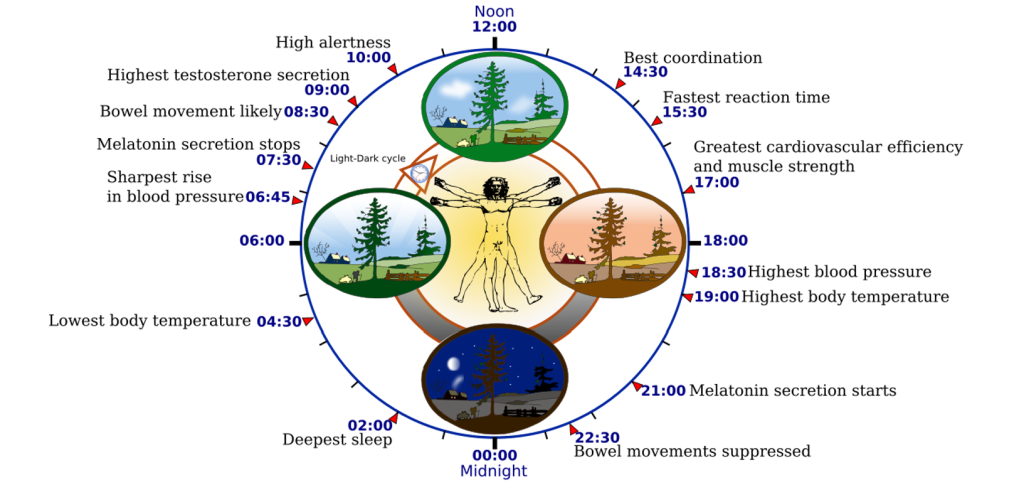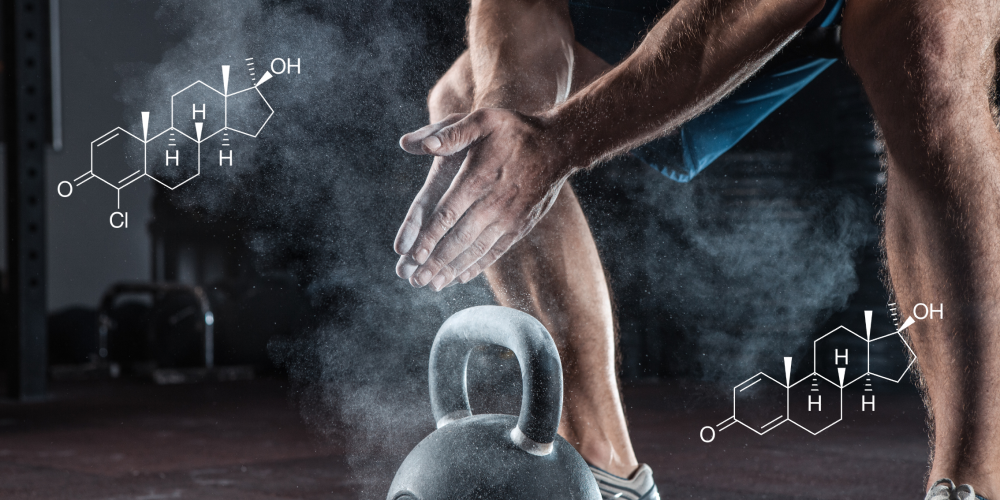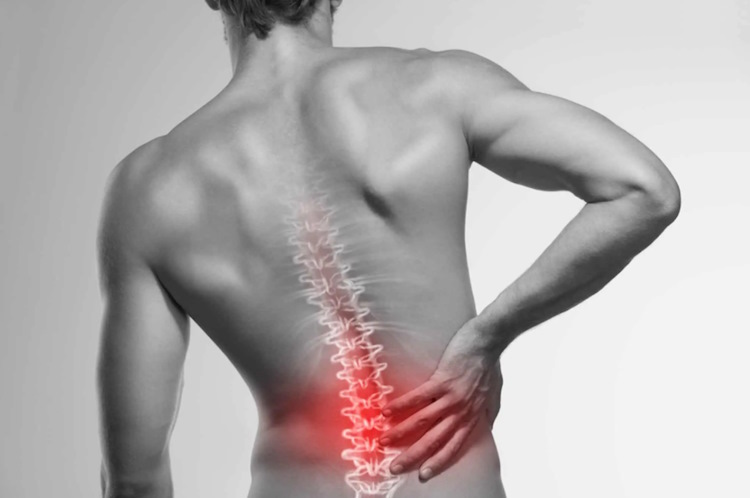Biorhythms: how do they affect your results in the gym?
It’s common sense between elite athletes and bodybuilders that keeping a precise routine is key for achieving maximum results. Having a set schedule to wake up and go to sleep every day at the same time, timing your meals down to the minute and training every day at a consistent time are often described as a must if you want to take things to the next level, but what is the science behind it?
As a matter of fact, this subject has been studied for about 3000 years, dating back to the ancient Greeks. It has been shown that understanding our biorhythms may positively affect several aspects of our lives, including but not limited to muscle growth, the ability to lose fat, prevention of some diseases, as well as providing grounds for an optimized training and eating routine.
The repetitive biological processes involved in everything that happens to our bodies are called biological rhythms. Usually, these are divided into three categories:
1. Circadian rhythm: from the Latin circa (around) and dies (day), meaning the processes involved in roughly a 24-hour period. These include hormone release, body temperature and blood pressure control. This is by far the most studied class of rhythms and are controlled by a biological clock called the suprachiasmatic nucleus in our brains;
2. Infradian rhythms: cycles that last longer than a day, for example the human menstrual cycle;
3. Ultradian rhythms: cycles shorter than a day, such as the 90-minute REM sleep cycle, the beating of the heart or the 3-hour growth hormone production cycle.
Here’s an example of what a typical human circadian rhythm looks like:

In fact, the circadian cycle is so important that the majority of the Olympic and world records have been broken when the event happened in the afternoon, where athletes have peak body performance.
Likewise, sleeping during the periods of time in which your body’s ability to recover is optimal plays a great role in its ability to repair tissues and to perform the metabolic functions necessary for the best possible recovery. Your eyes, sensing the light around you, function here as an extension of your brain, essentially telling it which time of the day it is.
Knowing this, it becomes clearer why professional bodybuilders keep a strict training and dieting routine. At their level of performance, every bit of optimization goes a long way. This is the reason why, for example, many choose to not include carbohydrate sources in their last meals, instead opting for protein and fat sources, as their metabolism is already starting to slow down and they don’t really need the fast energy release of carbs in their sleep.
In the end, as most of us already know, success in bodybuilding is a matter of consistency, and if your daily routine and other activities allow to, planning around your body’s natural cycles can indeed bring you better, faster results.









